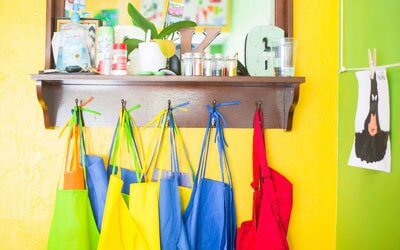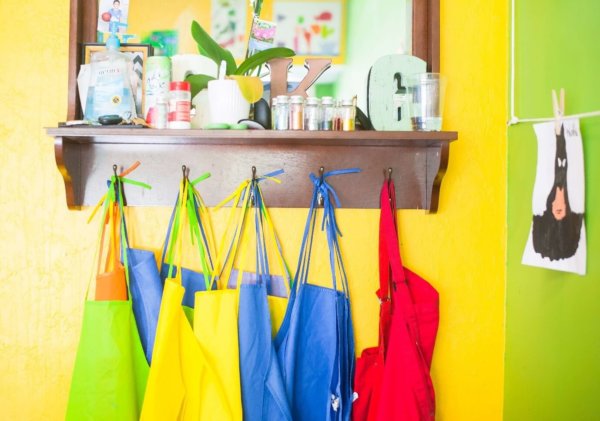
While many children will have stocked up with new pens and pencils for their return to school, children with disabilities may find they need a little extra help as term gets underway.
Mainstream schools are more inclusive than ever and, where possible, make provisions for disabled students so they can enjoy a normal school experience, too. However, whether your child attends a mainstream or a specialist school, you may want to consider a few extras to better support them day to day.
Get a FREE Brochure
Simply complete our form to see a full range of bathing solutions & their key features. It takes no time at all!
At Bathing Solutions, we’ve pulled together a selection of back-to-school equipment for children with disabilities.
Children with dyslexia
Colour therapy can be hugely beneficial in the management of dyslexia, helping children recognise letters, words and sentences with greater ease.
Notebooks with coloured paper can improve handwriting, while tinted reading rulers offer a way to control the ‘dancing effect’ that many dyslexics complain of when trying to read a piece of text. You’ll also find pens, pencils and grips specially designed to make writing easier and therefore handwriting clearer to read.
Deaf and hard-of-hearing students
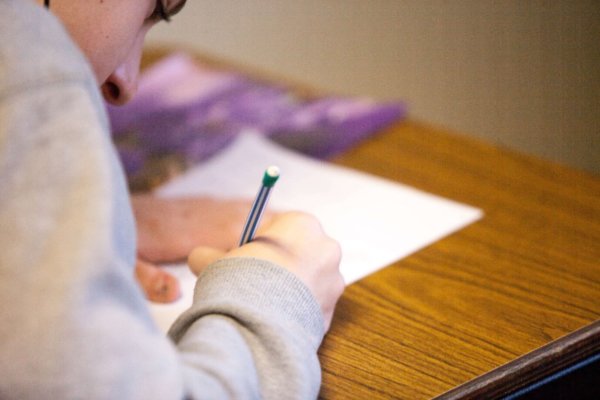
While many schools are well equipped to support children with hearing problems, it doesn’t hurt to be aware of what’s out there. One of the biggest breakthroughs for the hearing-impaired is radio aids. These consist of a transmitter, which is worn by the teacher, linked directly to a receiver, which is worn by the child.
Radio aids help reduce the background noise that sometimes gets picked up by regular hearing aids while making the teacher’s voice the primary sound. Not all products for deaf children need to be bought; some are available free of charge through various sources, including Social Services, Education Services, and Health Services.
Children with autism
Autism covers a huge spectrum, with some children able to attend mainstream schools, while others require a more specialist learning environment.
Sensory toys have been proven to help aid concentration and focus among those with milder symptoms. Sensory pencil-cases are made from a range of different fabrics, creating a range of sensations to aid concentration. Similarly, ‘fidget spinners’ are a useful tool to keep students attentive, and one that has become part of mainstream life. Many parents worry their children will be singled out as ‘different’ at mainstream schools, so these tools can help them focus without setting them apart from the rest of the class.
Children with dysgraphia
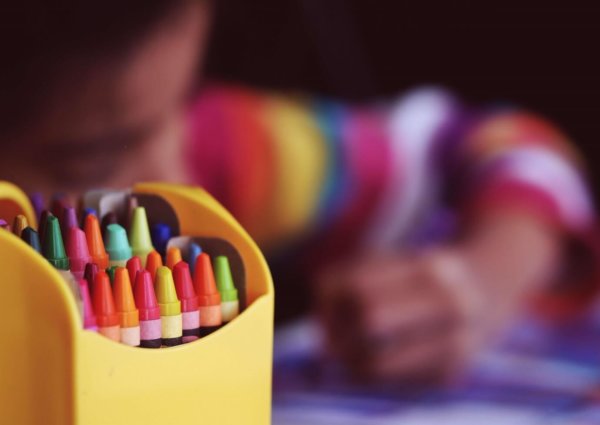
Dysgraphia is often confused with dyslexia. However, dysgraphia tends not to affect the ability to read. Instead, children with this condition find it difficult to coordinate the movements of smaller muscles, such as those in the fingers. This can make a variety of tasks incredibly challenging, such as tying shoelaces, using scissors and doing up buttons.
In the school environment, the condition has the most impact when it comes to writing, as those with dysgraphia cannot coordinate their fine motor skills to hold a pen or pencil correctly and therefore write legibly or accurately.
Pen and pencil grips can help to give a child better manipulation of writing equipment, while slanted writing boards elevate the writing surface to give greater control over handwriting. Lined paper is also useful in helping children to write in straight lines.
High-tech solutions
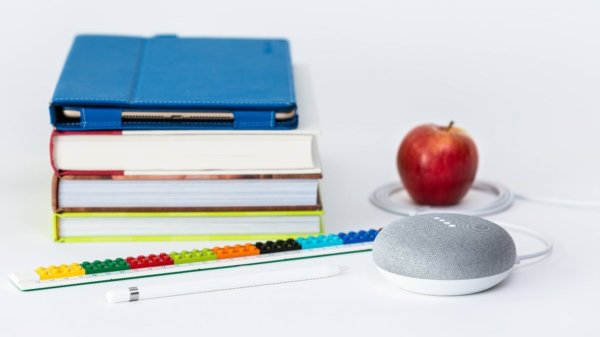
While there’s plenty of old-school equipment available, there’s also plenty of technology on offer, too. Tablets and laptops are useful. Similarly, speech-to-text dictation software can be used for those with severe handwriting difficulties.
For parents of children with any kind of disability, the first step is always to contact the school and ask their advice. In addition, be sure to familiarise yourself with your child’s timetable, so that you can set time aside for any homework that they might find particularly challenging. Keeping good channels of communication open with their teachers is also advisable, allowing you to support what they’re taught in school when they get back home.






